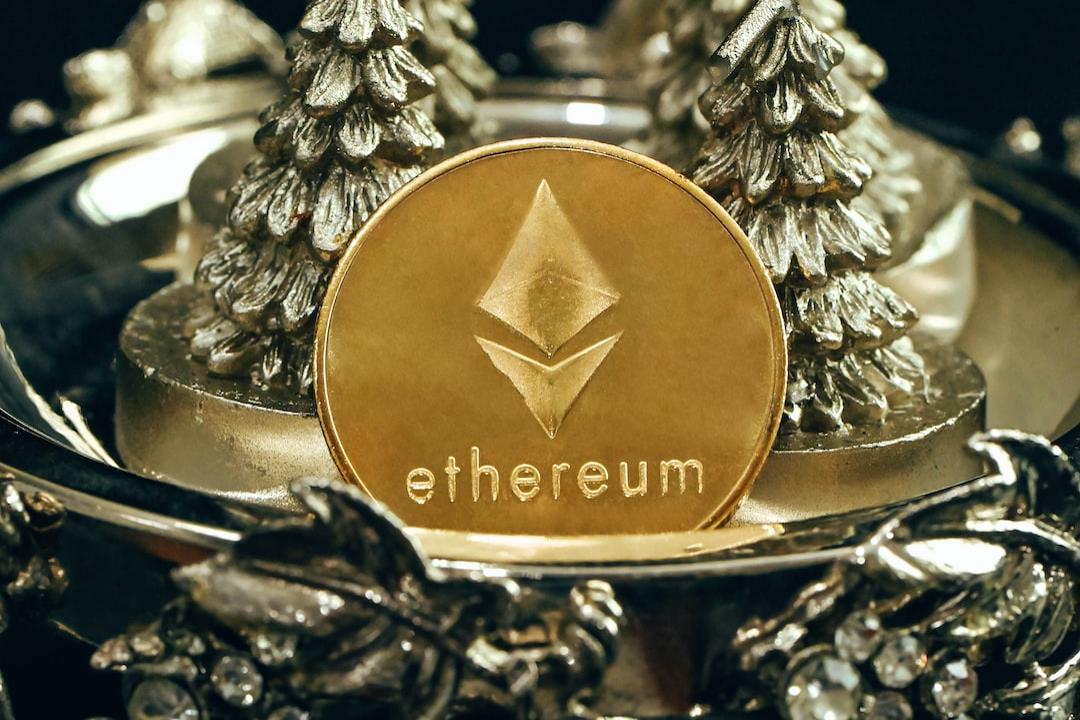Solana validators have approved a proposal designed to reduce the time it takes to reach a consensus on votes, potentially speeding up transactions on the blockchain. The proposal introduces a “Timely Vote Credits” mechanism on Solana, and it was passed on April 9 with an overwhelming 98% of votes in favor. This mechanism will change how validators are incentivized to make votes, which are crucial for confirming transactions on the network.
Currently, validators receive a fixed one vote credit whenever they submit a consensus vote on a block that becomes finalized by the network. However, validators have discovered that they can maximize their earnings by delaying their votes until they are certain they are voting on the correct fork, without facing any penalties.
The proposal, suggested by “zantetsu” from Solana validator Shinobi Systems on March 14, introduces a variable number of vote credits that are awarded based on the latency of the votes. Votes with less latency will receive more credits. This change aims to discourage intentional delays in voting, as delaying a vote will result in fewer credits being earned.
Solana users have previously expressed concerns about the vote credit system. Currently, Solana Compass shows that the blockchain is producing around 1,000 user transactions per second and approximately 2,000 vote transactions per second.
It remains uncertain what impact the new mechanism will have, as it is expected to be implemented after Solana’s v1.18 upgrade later this month. This upgrade will address priority fees and network congestion issues on the chain.
In the meantime, Solana has been dealing with a series of failed transactions, which have been attributed to an “implementation bug” in QUIC, a data transfer protocol developed by Google that involves all nodes in the network. A bug fix for QUIC is scheduled for April 15, assuming there are no further issues during testing.

